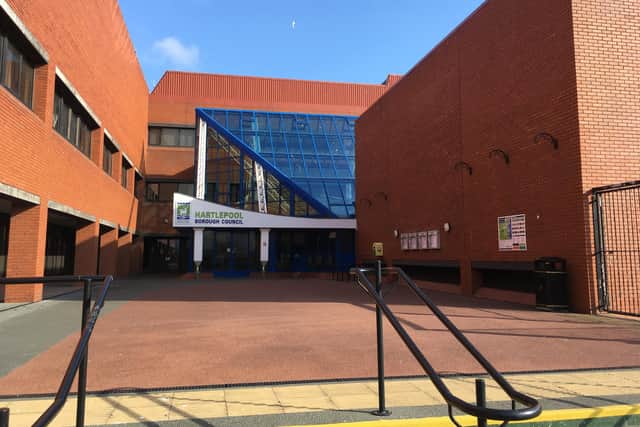'On its knees' - Public meeting to look at how to support Hartlepool's fishing industry
and live on Freeview channel 276
Councillors unanimously backed the move at the latest Hartlepool full council meeting, pledging to do all they can to support the sector after the mass deaths of crabs and lobsters in the area.
They will also write to the Minister of State for the Department for Environment Food and Rural Affairs, to seek an independent investigation into the “environmental and economic disaster”.
Advertisement
Hide AdAdvertisement
Hide AdThe motion was raised by Labour’s Cllr Rachel Creevy, who highlighted how the region’s fishing industry has been decimated since the issue first occurred in autumn 2021.


She said: “Our fishing industry is on its knees, we need answers and we need a plan for its recovery from this environmental disaster.”
Conservative group leader Cllr Mike Young voiced his support for the action, adding Hartlepool MP Jill Mortimer has been contacting Government ministers seeking further investigation and speaking with the town’s fishermen over support packages.
He said: “It’s a major issue and one that we all must take very, very seriously, it’s people’s livelihoods.
Advertisement
Hide AdAdvertisement
Hide Ad“It is not being ignored and we want to push hard on this. We will do whatever we can as a joint effort to make this work.”
A Hartlepool fisherman invited to speak at the meeting said the industry is “part of their heritage” and their “lifetime’s work”.
But they are now “desperate” with the “ecosystem wiped out”.
A Government investigation previously concluded a harmful algal bloom was the most likely explanation for the mass deaths of crustaceans last October.
Advertisement
Hide AdAdvertisement
Hide AdBut fishermen have refuted that theory and pointed to independent reviews which say the blame lies with 250,000 tonnes of dredged sediment in the River Tees, which has led to high levels of the chemical Pyridine.
Following the motion, relevant national and regional bodies will be invited to a planned public meeting over the issue, along with councillors and residents.
It will give an opportunity to explain discrepancies and what action or recommendations can, or have been taken to support the future of the fishing industry.
The council’s economic growth and regeneration committee to explore how to support the “vital and traditional industry”.